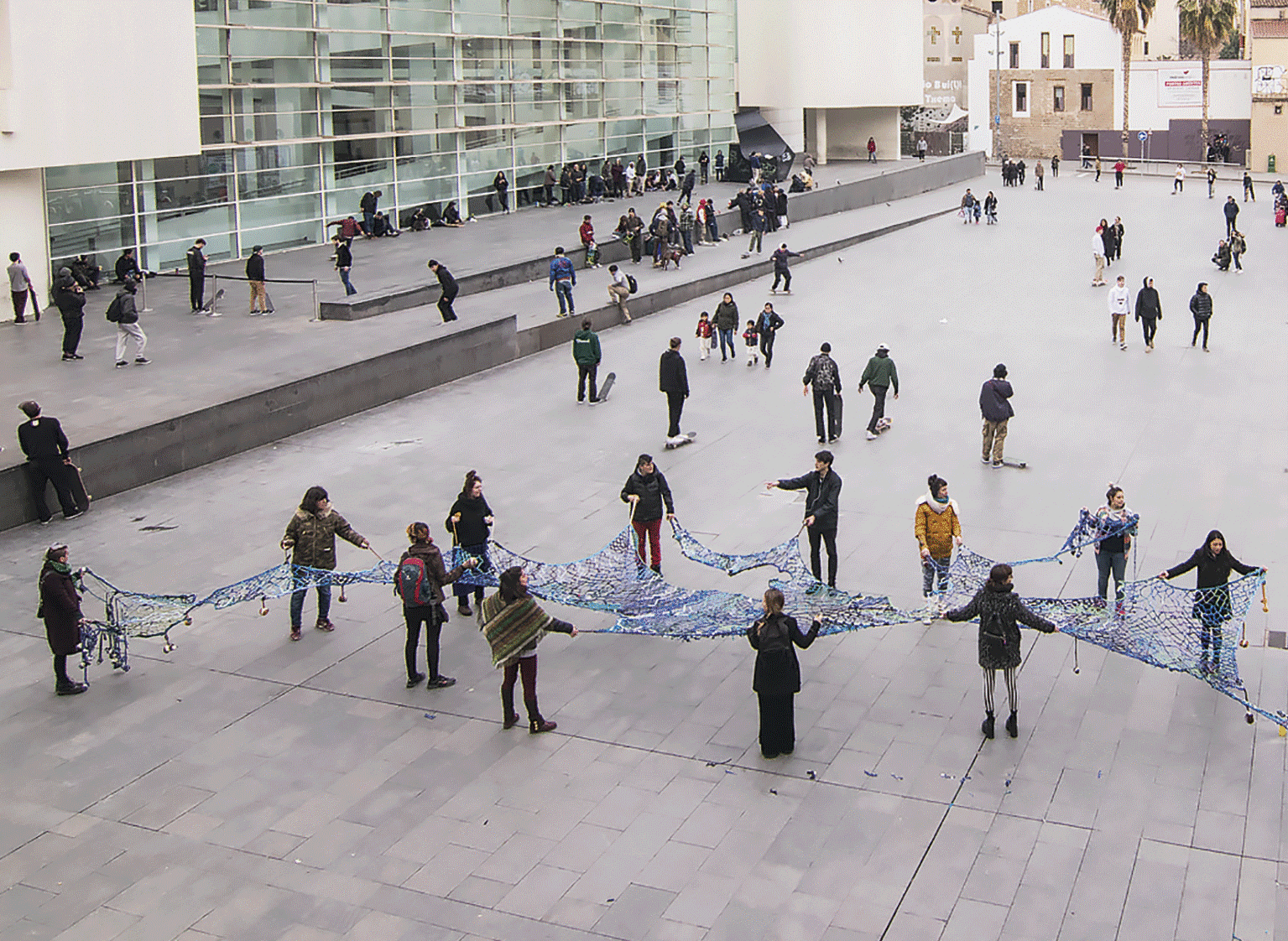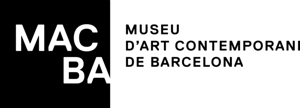April 1, 2019–June 30, 2020
Plaça dels Àngels, 1
08001 Barcelona
Spain
macba@macba.cat
Museu d’Art Contemporani de Barcelona (MACBA) is pleased to announce the 7th edition of the Independent Studies Programme (PEI), starting in April 2019. Applications for admission will be accepted from October 1 to 31, 2018.
Academic Direction: Lucía Egaña, Marcelo Expósito, Marina Garcés, Dora García, Pablo Martínez and Jaime Vindel.
Visiting Professors: Franco Berardi Bifo, Yayo Herrero, Aurora Fernández Polanco, valeria flores, Daniel Inclán, Germán Labrador, Ana Longoni, Silvia Rivera Cusicanqui, Carmen Romero Bachiller, María Salgado and Emilio Santiago Muiño, amongst others.
The PEI is a learning mechanism whose fundamental goal is to mobilize critical thinking and activate the political imagination, at the crossroads between artistic practices, the social sciences and political-institutional interventions. One of the key features of the program involves developing critical capacity, so as to facilitate free movement between thought paradigms. In this regard, the PEI seeks to query enclosed categories by activating an antagonistic imagination, able to elaborate fronts of aesthetic and political struggle from out of new possible forms.
The program believes that the organisation of knowledge is a political domain where contents are related to a variety of traditions in pedagogical and discursive experimentation. These traditions are understood not only as subjects of study, but also as a set of living practices, able to configure new spaces for knowledge.
The PEI constitutes an intellectual and experiential challenge, for its students as well as its academic leadership, professors and the institution that promotes it. The fissures opened up by students of different origins, and their contributions in the form of various epistemologies and thought traditions, encourage the program to be constantly looking for a new balance, where being radical can only be understood as “going to the root of things”, where practice is engaged on the basis of empathy. It is a space for the mobilisation of various forms of knowledge and the reconfiguration of actions, where students and teachers take on the challenge of putting a conception of education as a space for experimentation and liberation into practice.
One of the fundamental concerns of the program is to think of the ways that studying might create new forms of political subjectivity from progressive, feminist, anti-racist and critical perspectives. The program takes on this difficult challenge together with its participants, conceiving of research as a space of commitment with the world, rather than in terms of the development of a semio-capitalist subject-I-brand. The program is particularly concerned with activating a political imagination linked to the material grounds of survival. Basing itself on eco-feminist positions, it conceives of interdependence and vulnerability as the necessary basis from where to respond to the neo-liberal forms of capitalism that represent a total mobilisation of life, breaking up each day into a diversity of differentiated crises: migratory, ecological, institutional, political, and so on.
This new cycle, under shared academic leadership, brings to the program sufficient plenitude and variety (as well as a degree of complexity, undeniably) to encourage thought on the edge, able to take on the difficulties that distinguish contemporary antagonisms. In this edition, the program will continue to reflect on the possibility of forging bonds with the community of southern Europe, with the goal of strengthening networks between Mediterranean countries sharing similar geopolitical realities.
The program does not conceive of knowledge in terms of the accumulation of information, but rather from out of the potential of collective study and the activation of theory. To accomplish this, it draws from the tools of critical theory, artistic research, cultural materialism, feminist and queer thought and practice, as well as decolonial critique. Three major orienting features—Criticism and Thought, Cultural Ecologies and Technologies of the Body—are related to other exploratory terrains, such as multiple pedagogies, visual narratives, a-disciplinary knowledge and writing as a tool in activating language, sharing experiences and articulating research.


